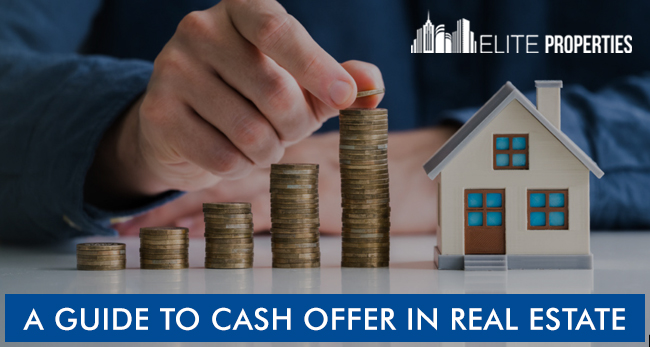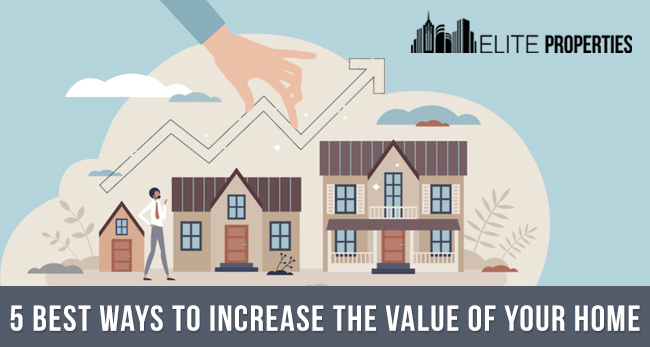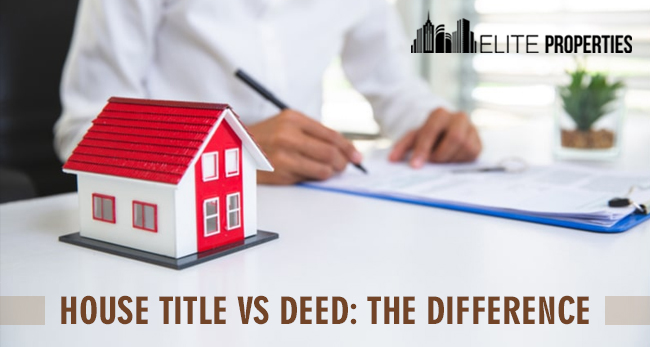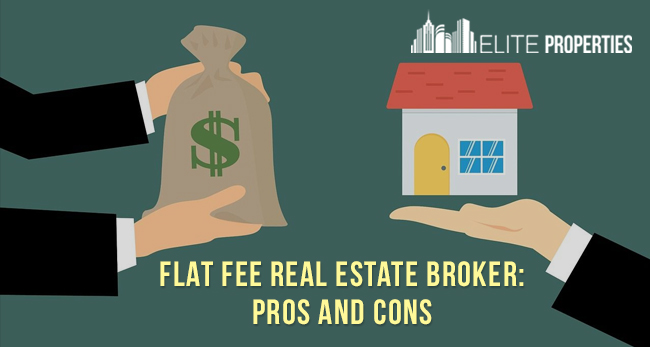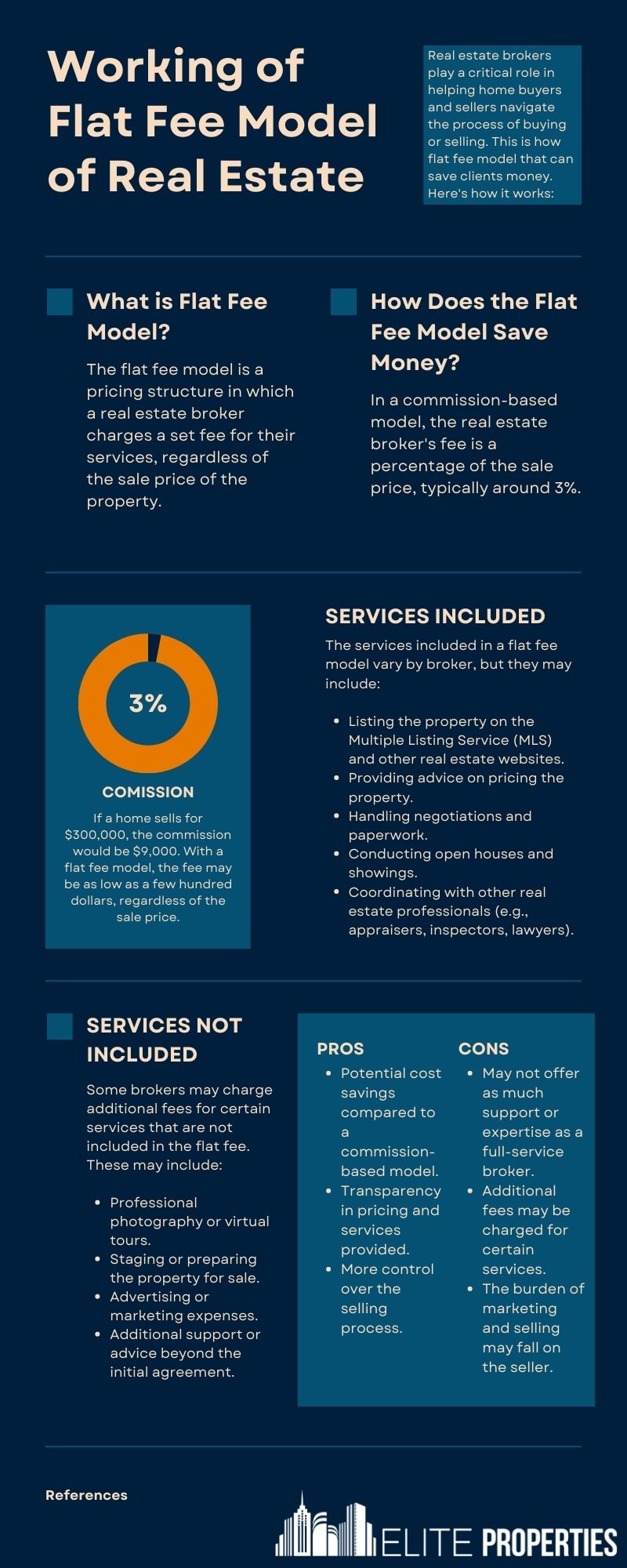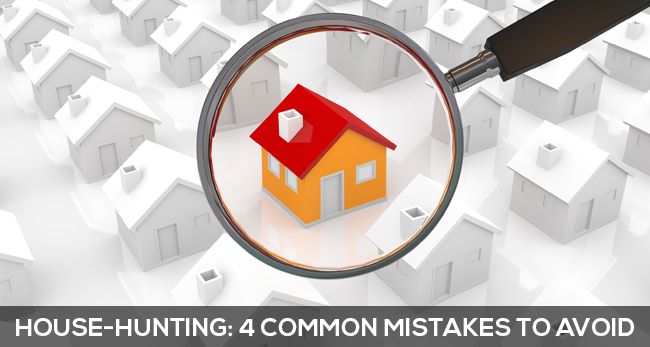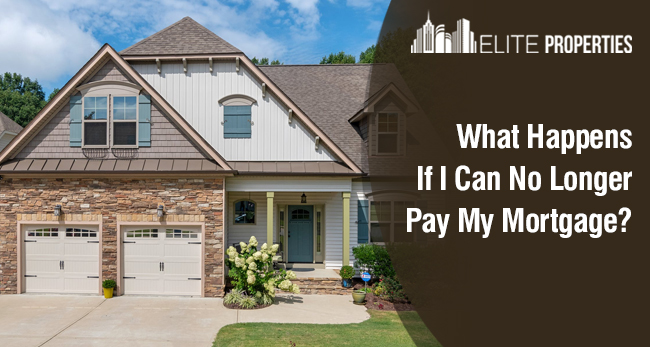In real estate, Cash Offer in Real Estate are often a go-to-choice, whether the buyer wants to compete with other buyers or take fewer financial risks, the seller wants to sell quickly, or both parties want to simplify the transaction.
As a result, it are often the best option, especially for buyers in certain circumstances. Buyers do not need a mortgage or any other financing when proposing a cash offer because they are not required to take on any financial risks.
To understand more about what a cash offer is, whether making a cash offer is a good idea or not, and what you need to do to make one, read on!
What Is a Cash Offer?
A cash offer in real estate means that a buyer offers to purchase a property where he or she is not using financing to pay the price of the property. This helps to bypass many time-consuming and expensive stages in the process that might make the house stay on the market longer than a seller would want.
In simple words, when a buyer can buy a house outright without taking out a mortgage loan, it is what we call a cash offer in real estate. Sellers usually prefer all-cash offers because they frequently close more quickly and have fewer risks than mortgage-contingent offers, which can experience delays and rejections.
Who Makes a Cash Offer?
A buyer is one who can make a offer to buy in cash in real estate. Particularly, this is a traditional buyer who has ready cash in hand or liquid assets to buy the house. It could also be a case where the buyer would have sold his or her previous property and kept the proceeds to avoid taking out a mortgage on their new property.
How is it Beneficial to Buyers?
There are many reasons why making a cash offer for a real estate property can be a wise decision for a buyer.
You can beat your competitor buyers and convince the seller to accept your offer by making a offer, which is usually accepted more quickly than other types of offers. Assure the seller that their property will sell as soon as possible.
For a buyer, one of the benefits of giving a cash offer is that it allows you to negotiate with the seller directly. Plus, another advantage is that closing the deal is usually easier if you’re able to come up with the full amount right away.
So, if you’re looking to buy a house while taking advantage of the latest market conditions along with an easy process, consider making a cash offer!
How Is Cash Offer Beneficial to Sellers?
Having cash offers makes the entire selling process quicker and smoother for sellers. Cash offers can delight the sellers mainly because of two reasons, the parties would close the deal sooner and the other that there is less risk.
The average time it takes to close on a standard sale is 49 to 56 days. It can be significantly shortened through cash offer sales involving direct purchasers.
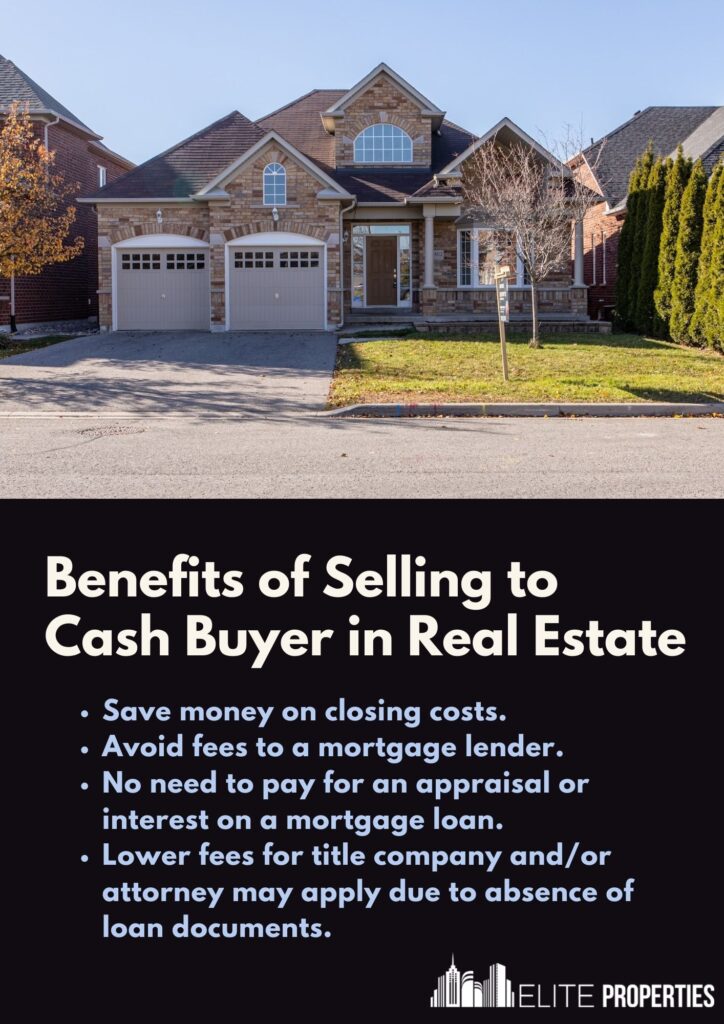
Offer the seller the entire amount of the property without any mortgage loan or other financing. It becomes tempting for the seller with a quick sale and fewer closing expenses. The risk factor for the seller is low regarding the failure of the deal, as the buyer need not require appraisal and mortgage underwriting.
How To Make a Cash Offer?
Purchasing and selling homes with a cash offer differs from those with a mortgage. Here, the seller receives the offer from the buyer where the buyer may offer to purchase the property with a cheque or electronic transfer of funds.
However, as a buyer apart from the cash offer, and purchasing price you also need to prepare to incur expenses like property tax, insurance, and moving expenses.
Apart from all this, a seller may simply not accept the cash offer and as a buyer, you may require to show documentation and proof that you can pay the cash amount.
Once the seller accepts your offer, you’ll need to come up with an agreement on terms and conditions. Make sure to consult with an experienced real estate agent before making a cash offer – they can help you prepare the paperwork and ensure everything goes smoothly in the process!
Lastly, also remember that you would pay a big cash amount for the home price. Ensure the property is free from any problems by investing in a home inspection if your cash offer is going to accept.
Weighing the Advantages and Disadvantages
To sum up, here are some pros and cons of of it in real estate that you can consider.
Pros
- Quicker closing for both parties.
- Lower closing expenses are incurred.
- Interest charges on the mortgage is saved.
- As a seller, you may end up selling your property quickly.
- As a buyer, you can have better-negotiating power.
Cons
- The possibility of lower selling price due to lack of competition in buying the property.
- Great loss of liquidity on the buyer’s end.
- Without a mortgage, buyers lose out on certain interest or tax deductions.
- Investor buyers may unnecessarily bid up the price.
- A lack of trust may disrupt the whole transaction.
The Final Thoughts
A cash offer is a great way to ease up the buying and selling power in real estate. However, you also need to consider individually how beneficial it is to you as a buyer or seller.
Apart from this, you should also ensure to properly analyze the pros and cons of getting into a this transaction. Lastly, it is not too overstate that you need to do in-depth research before taking a decision.
Alternatively, you may also consult a real estate agent or real estate solutions companies. Looking for more expert guidance? Get in touch with Elite Properties today!

